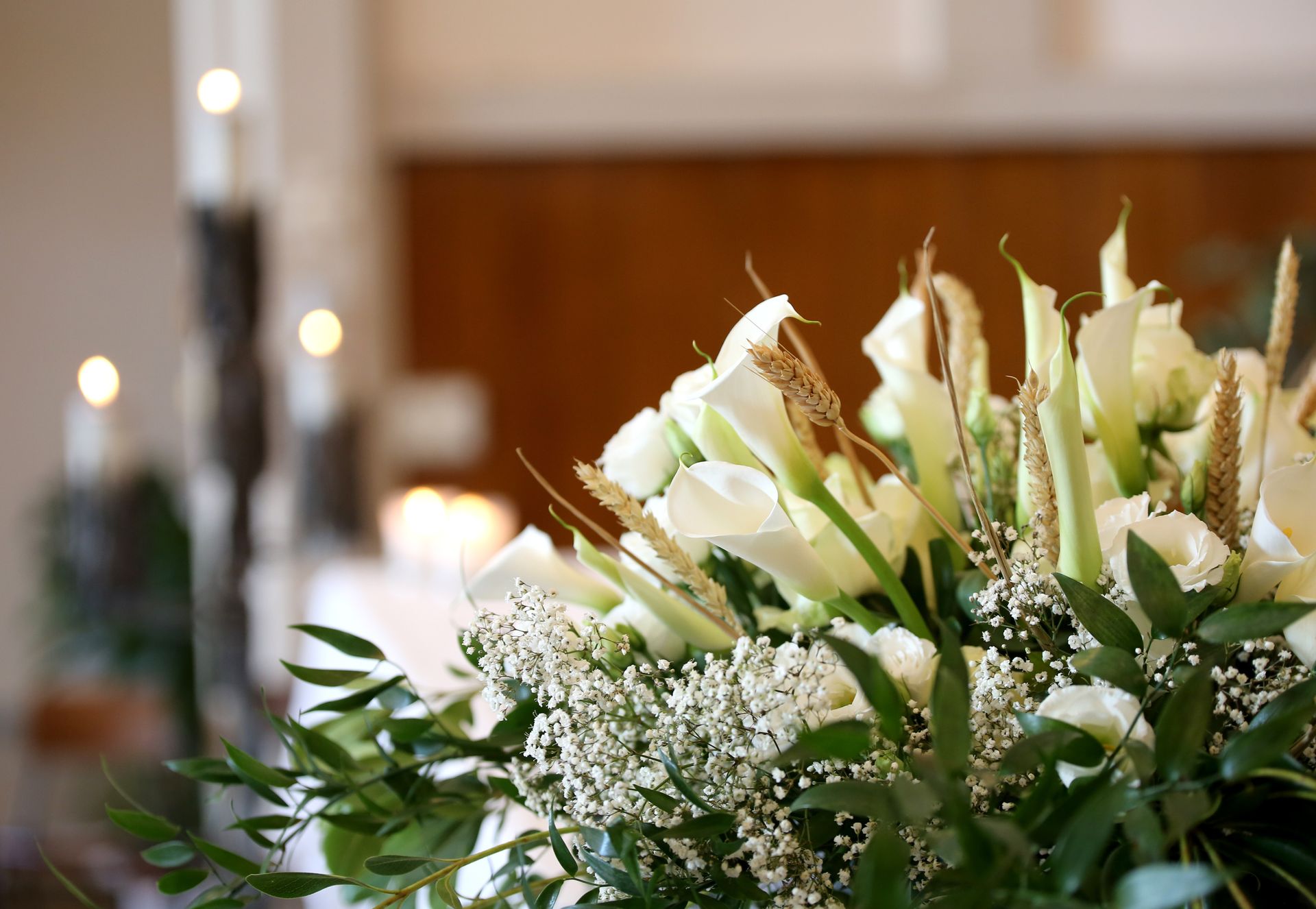15 Unforgettable Quotes from Olympians
Nature's Symphony
With the 2016 Olympics underway in Rio de Janeiro, Brazil, we have 15 unforgettable quotes from past Olympians. These quotes embody the determination, passion for life, self-discipline and these athletes have demonstrated to overcome life’s challenges to achieve their Olympic dreams.
“The Ability to conquer oneself is no doubt the most precious of all things sports.”
– Olga Korbut
“If you dream and you allow yourself to dream you can do anything.”
– Clara Hughes
“He who is not courageous enough to take risks will accomplish nothing in life.”
– Muhammad Ali
“I don’t think you’re human if you don’t get nervous.”
– Sidney Crosby
“We all have dreams. But in order to make dreams come into reality, it takes an awful lot of determination, dedication, self- discipline, and effort.”
– Jesse Owens
“As simple as it sounds, we all just try to be the best person we can: By making the best choices, by making the most of the talents we’ve been given.”
– Mary Lou Retton
“The key is not the will to win. Everybody has that. It is the will to prepare to win that is important.”
– Bobby Knight
“I’ve missed more than 9,000 shots in my career. I’ve failed over and over and over again in my life. And that is why I succeed.”
– Michael Jordan
“If you don’t have confidence, you’ll always find a way not to win.”
– Carl Lewis
“Never underestimate the power of dreams and the influence of the human spirit. We are all the same in this notion: The potential for greatness lives within each of us.”
– Wilma Rudolph, USA gold medalist in track and field
“If you fail to prepare, you’re prepared to fail.”
– Mark Spitz
“Never put an age limit on your dreams.”
– Dara Torres, USA gold medalist in swimming
“Nothing is impossible. With so many people saying it couldn’t be done, all it takes is an imagination.”
– Michael Phelps, USA gold medalist in swimming
“Failure I can live with. Not trying is what I can’t handle!”
– Sanya Richards-Ross, USA bronze medalist at 400 meters
“Each of us has a fire in our hearts for something. It’s our goal in life to find it and keep it lit.”
– Mary Lou Retton, winner of gold medal at 1984 Los Angeles Summer Olympic Games









